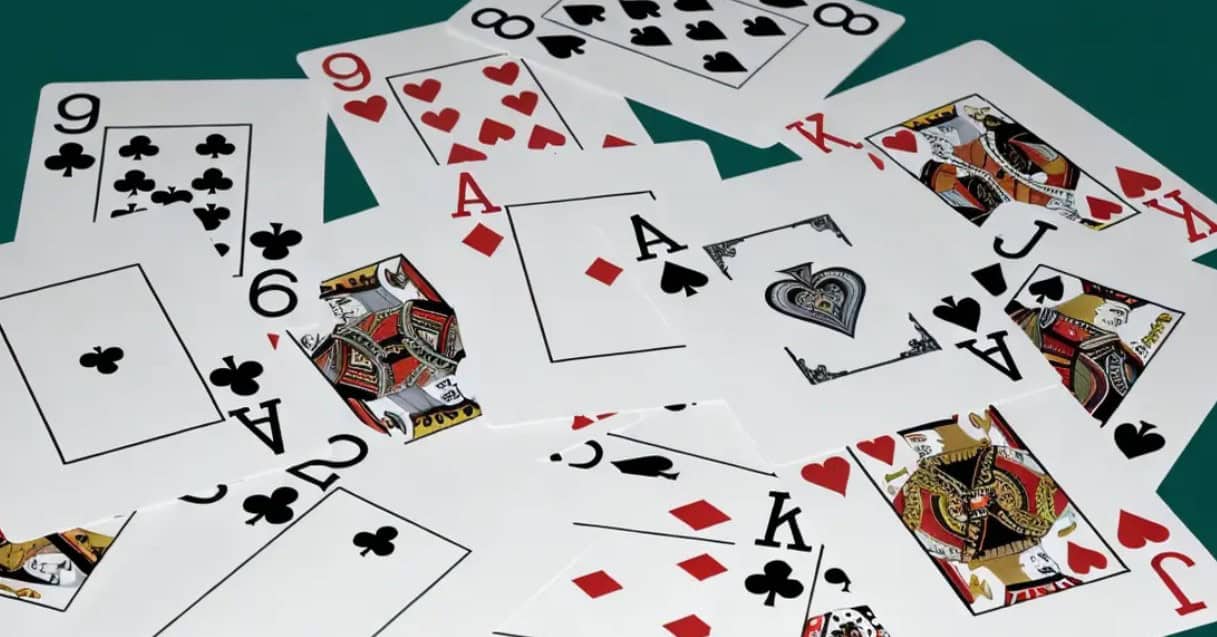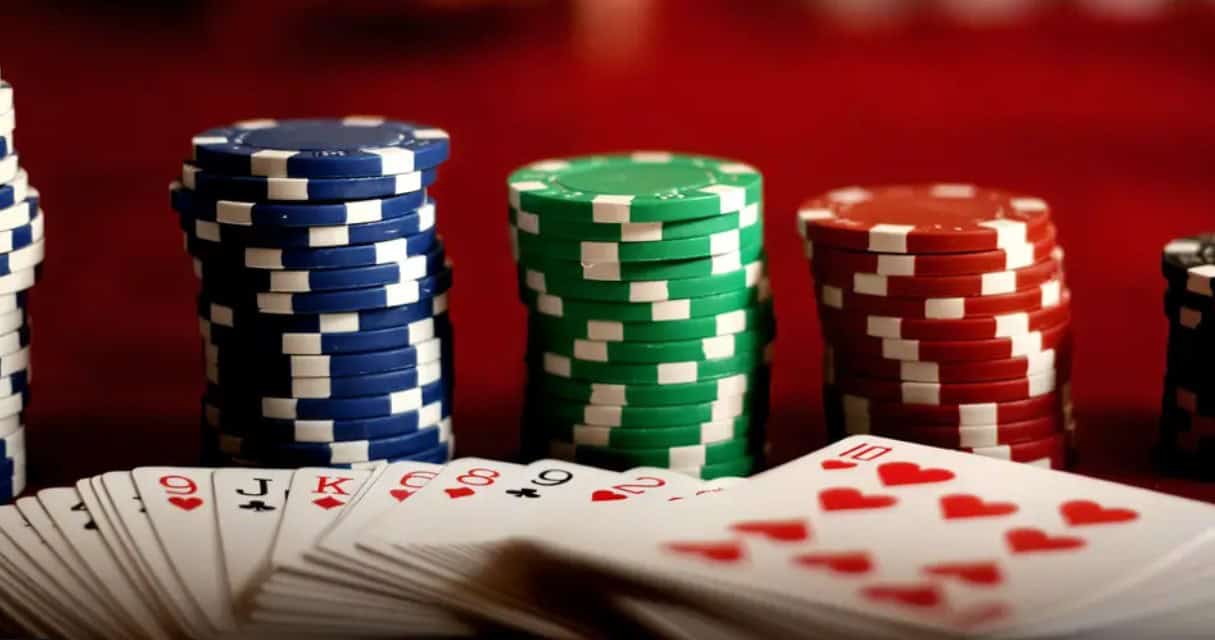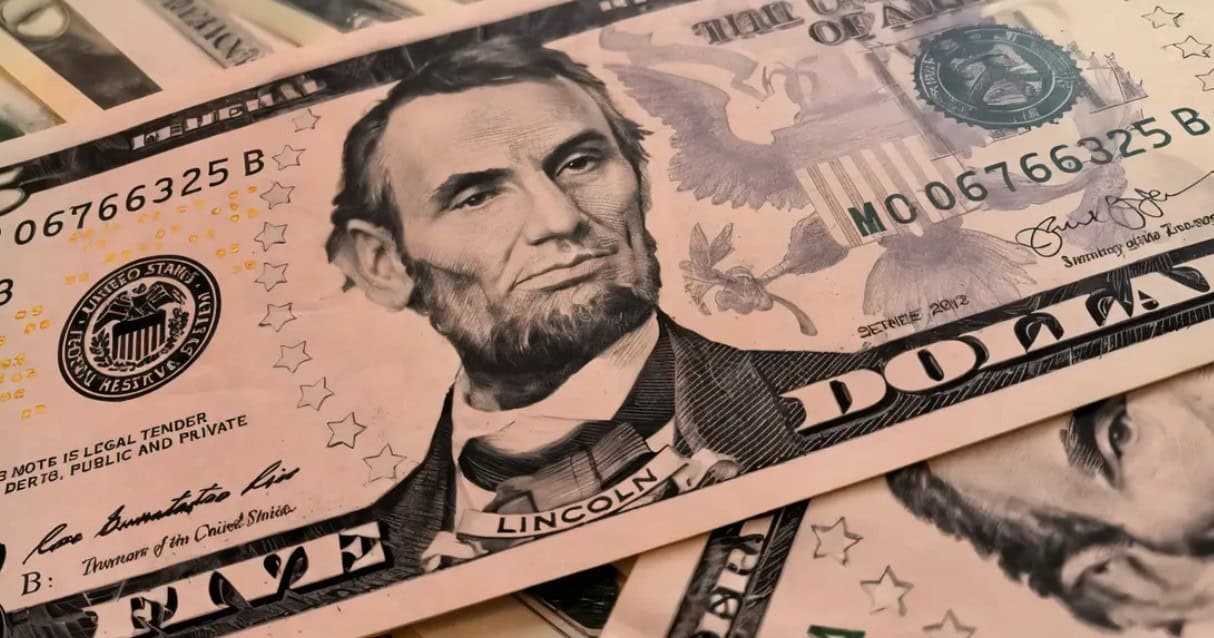
How to calculate and Improve your poker win rate
Success in poker isn’t about hitting that one big hand or catching that big run of good fortune; it’s all about long-term profitability, measurable through one important metric: the win rate. Your win rate is the best indicator over time of the kind of player you are, whether it is in online cash, live tournaments, or sit-and-go’s. How to calculate, understand, and apply these toward improving your win rate will take you from casual playing mode into consistent profit.
In this article, we’ll explain what poker win rate means, how to calculate it across different game formats, and proven strategies for improving your win rate to become a more profitable player.
What Is a Poker Win Rate?
Your win rate describes how much you win over a number of hands or hours played. It’s the most detailed indicator that then defines you being profitable in the long run. The win rate lets you eliminate any short-term variance-that rollercoaster you can’t avoid because of luck-through long-term performance.
Type of Poker Win Rate Metrics:
BB/100: This is a very common unit to define precisely how much you win per 100 hands dealt, in big blinds, in online cash games. $/hour: This concept will come in with live cash games where the number of hands that will be played in an hour might be unpredictable. Return on Investment-ROI: This mostly applies in tournaments and describes profit in relationship to a total buy-ins.
Why tracking your win rate matters
Many poker players feel like they’re winning, but this method is fallible due to the natural swings in the game. Tracking your win rate gives you objective feedback to know if you’re truly profitable or just running hot. This can also help a player in finding the leaks, generally areas where you keep losing money, and adjust your strategy in time.

How to calculate your poker win rate
Obviously, your calculation of win rate depends on the format you play. Let’s see how to measure it correctly for every kind of game.
1. Online cash games: BB/100 Formula
Among online players, the usual measure is the BB/100-the big blinds won per 100 hands played.
The formula for calculating BB/100 looks as follows:
BB/100=(Total Profit÷Total Hands Played)×100
Example calculation:
- Total Profit: $ 600
- Total hands played: 10 000
BB/100=(600÷10000)×100=6 BB/100
2. Live cash games: hourly rate formula
In live cash games, not as many hands are dealt per hour, and so the win rate is measured by average hourly profit.
Hourly rate formula:
Hourly Rate=(Total Profit÷Total Hours Played)
Example calculation:
- Total Profit: $1,200
- Hours Played: 40
Hourly Rate=1200÷40=$30/hour
3. Tournament ROI formula
For tournament players, Return on Investment, or ROI, is how they calculate their profitability:
ROI formula:
ROI=(Total Profit÷(Total Buy−ins))×100
Example calculation:
- Total Buy-ins: $1,500
- Total Profit: $600
ROI=(600÷1500)×100=40%
What is a good win rate in poker?
“Good” win rates will vary because of the game format, stakes, and competition. The following will be general benchmarks, allowing for a realistic look at expectations of performance:
1. Online cash games (in BB/100):
- Micro Stakes (NL2 – NL25): 5-10 BB/100 is good; 10+ is exceptional.
- Mid Stakes (NL50 – NL200): 3-8 BB/100 is good.
- High Stakes (NL400+): 2-5 BB/100 is elite.
2. Live cash games ($/hour):
- Low Stakes ($1/$2 to $2/$5): It’s average to make $20-$50/hour and strong if one makes over $60+/hour.
- Mid Stakes ($5/ $10+): $80-$100/hour + is considered highly profitable.
3. Tournaments (ROI %):
- Above 50%: Excellent-top professional level tournament players.
- Between 20 and 40%: Consistently profitable.
- Below 10%: Marginal or break even.
How to improve your win rate

Improving your win rate is actually done by much more than just playing more hands. Some of the most value-based ways of improving your profitability include:
1. Game selection
- Softer games: Tables with weak opponents-look around for where the maximum exploitation can be done. In online, use HUD software such as PokerTracker to find the soft games.
- Live games: You will be looking to play live against the passive players-players calling too much or who are playing too many hands.
2. Know about position
- How position works: Most of your money is made in late-position play, simply because you are getting to act last with maximum information available to you.
- Early position: The absolute strongest hands, including but not limited to AA, KK, AK.
- Late position: The ability to play all speculators, including suited connectors.
3. Apply aggression when necessary
- Aggressive play: Strong hands should always be raised and re-raised with semi-bluffs.
- Balanced bluffing: Full utilization of blockers in maximizing their bluffing opportunities, especially with cards that eliminate probabilities of an opponent holding the best hand.
4. Bankroll management
Good bankroll management: Minimizes the chances of going broke due to variance.
Recommended Bankrolls:
- Cash games: 30-50 buy-ins or more.
- Tournaments: More than 100 buy-ins for multitable events.
5. Review and analyze your play
When each session ends, study your hand histories by using tracking software.
Focus on:
- Largest losing pots
- Critical bluffs
- Mistakes in tough spots
How to avoid common win rate myths

Myth #1: “Higher win rates are always better”
Fact: High win rates at lower stakes are less profitable than a more moderate win rate at higher limits.
Myth #2: “Winning every session means long-term success”
Reality: Variance dictates that even the very best will lose some sessions. Only long-term tracking matters.
Myth #3: “Tight play guarantees success”
Reality: Playing too tight costs you from maximizing your profits with valuable betting and well-timed bluffing.
Conclusion: build your poker future on a strong win rate
More importantly, knowing your poker win rate is not only about tracking profit but about developing a winning mindset. Correctly calculating your win rate, setting realist goals for yourself, and improving your game with the right strategies give you a good foundation for long-term success. Poker is a marathon, not a sprint-and knowing your win rate keeps you ahead of the pack in that marathon.
